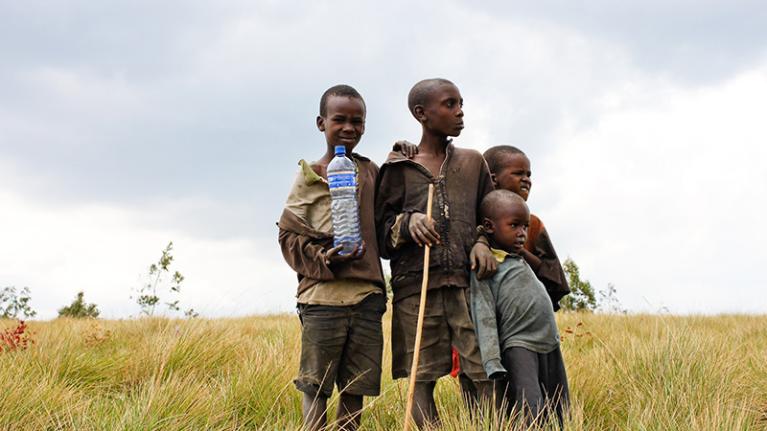New economic development models
Sustainable economic development models are increasingly focusing on health, education, small-scale agriculture, climate-change impacts and renewable energy as the key drivers of economic development for low-income countries.
Our work in these areas forms the components of new, integrated development models looking beyond industrialisation as the catalyst to raising the living standards of those in low-income countries.
This research is undertaken by the Victoria Institute of Strategic Economic Studies (VISES).
China’s Development Finance, Growth Models & Sustainable Development in Recipient Countries
Funded by the Ford Foundation
In exploring ways in which China’s development finance can become more effective in providing equitable development in Global South countries, this project examines both the recent evolution of China’s actual growth model and the contemporary requirements of Global South countries if they are to achieve development that is both sustainable and equitable.
This addresses which elements of China’s evolved growth model are applicable to Global South countries, and the extent to which growth in real per capita GDP is an adequate measure of increased welfare in such countries.
Other parameters may be of critical importance, such as:
- income growth and inequality
- social welfare
- support for marginal groups (such as women, indigenous communities, the poor and the disabled)
- health and education
- environment protection and sustainable resource use.
The research is also investigating the experience of Chinese aid in four countries (Ethiopia, Indonesia, Pakistan and Angola). In 2023, the Foundation has provided funding to publish the results of the investigation as a book.
Investing in adolescent health in Burundi
A study on adolescent wellbeing for UNICEF in Burundi developed some of our research themes. It estimated the very high returns to investing in adolescent health and education.
Adolescents (those aged 10-19) representing almost a quarter of the population, have a crucial role in the future prosperity of Burundi. We found benefit-cost ratios for every dollar invested in multiple areas to be between 6–38. The project involved high level of consultation with the Minister and Permanent Secretary for Youth, other relevant government departments and donors.
UNICEF hopes that the release of the report can help encourage donors, who have left the country, to return. UNICEF Burundi produced a Summary Report and a video from the study. See also Victoria University media release.

Small-scale agriculture in Pakistan
A five-year study ending in 2019 supported and published by the Australian Centre for International Agricultural Research in Canberra (ACIAR) of small-scale agriculture in Pakistan with the active involvement of the heads of state agriculture departments provided a model with wide ramification for the economic development of many low-income countries.
Staff & students
Find out who's in our research group, and read our researcher bios via the links.
Staff
Contact us
Peter Sheehan
Email:
Phone: +61 3 9919 1341



